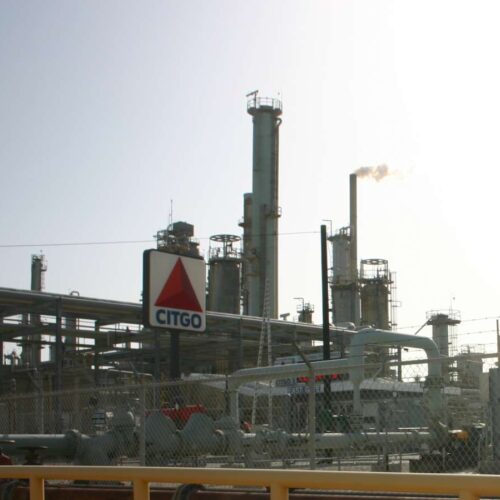Introduction
Environmental groups seeking stronger enforcement of air pollution laws received a boost from a federal judge in Houston who rejected an Exxon Mobil Corp. request to dismiss a case involving release of cancer-causing toxins at a major refinery.
As a result of the court’s Tuesday ruling, involving a Baytown, Tex., Exxon refinery and nearby chemical plant, environmental groups will be able to press a case in which they accuse Exxon of violating the Clean Air Act thousands of times over the last five years by releasing toxins well above the law’s limit into the environment.
Exxon has said its releases were within limits allowed under federal law, while the Sierra Club and Environment Texas argue that state agencies have failed to do the job expected of them in curtailing emissions under the Clean Air Act.
The environmental groups assert that the refinery and chemical plant have spewed 10 million pounds of toxins into the air.
Ineffective policing by state and federal agencies is a recurring theme in lawsuits by environmental groups, and iWatch News recently reported on an instance of justice delayed: Even when enforcers find violations of anti-pollution laws, sanctions are hardly immediate.
Almost four years ago, a federal jury convicted Citgo Petroleum Corp. of two criminal violations of the Clean Air Act, having found that that company’s refinery in Corpus Christi, Texas, afflicted a nearby community with toxic air pollution.
For nearly a decade, the jury found, emissions of benzene and other hazardous chemicals — from two hulking, uncovered tanks — regularly swept into a mostly poor, minority neighborhood known as Hillcrest.
That was in June 2007. To the dismay of the refinery’s neighbors, Citgo still hasn’t been sentenced — a delay legal scholars say is unusual. A Citgo lawyer blames federal prosecutors for the delay.
In the Exxon case, environmental groups are trying, in effect, to hold regulators accountable. The groups argue that state or federal agencies should have stepped in based on the levels of reported pollution.
“The court’s decision is not a comment on the merits of the suit,” Exxon spokesman Kevin Allexon told Reuters. “Over the last five years the Baytown refinery and chemical plant has produced total annual emissions that are nearly 40 percent below the federal permit limits set by EPA.”
In 2008, a similar lawsuit by environmental groups led to a settlement with Royal Dutch Shell. In that settlement, the company agreed to pay nearly $6 million for pollution control programs.
In a series of investigations into refineries, iWatch News has reported on toxic releases that sometimes threaten nearby communities and on other problems festering at the factories that refine the nation’s fuels. Labyrinthine complexes full of hazardous chemicals, they are plagued by often-preventable accidents, putting workers at risk and endangering nearby communities.

Join the conversation
Show Comments